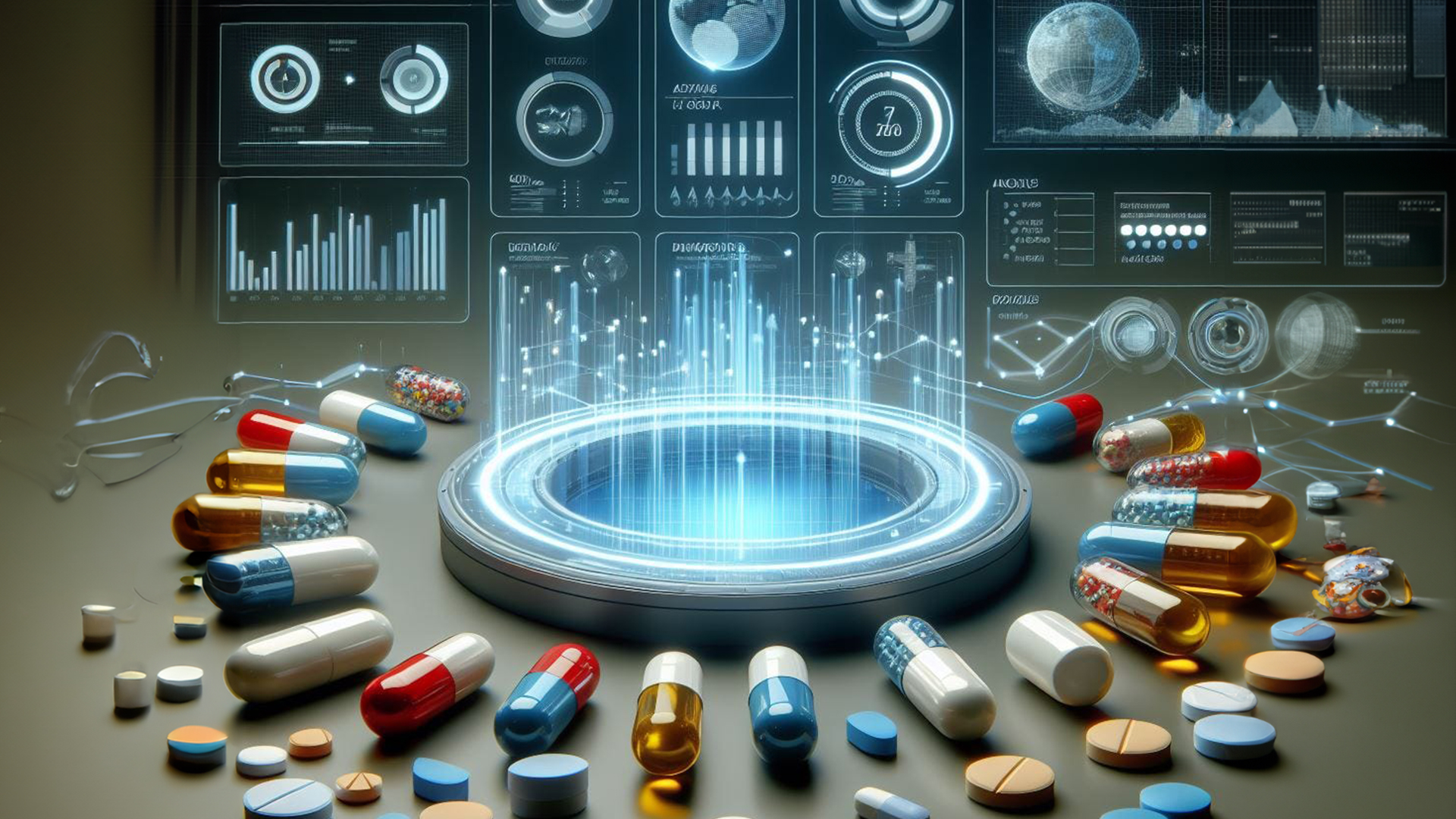Creative |
Medical
| Analytics
![]()

In the pharmaceutical industry, the relationship between marketing spend and sales performance is complex and multifaceted. Understanding how marketing investments translate into sales can significantly enhance the efficiency of marketing strategies, leading to better allocation of resources and improved business outcomes. Data Analytics and Artificial Intelligence (AI) solutions offer powerful tools to analyse the impact of marketing spends on sales, providing actionable insights that help pharmaceutical companies optimise their marketing efforts.
The Challenge of Measuring Marketing ROI
Pharmaceutical companies invest substantial amounts in marketing activities, including advertising, promotions, digital campaigns, and physician outreach programs. However, measuring the return on investment (ROI) for these activities can be challenging due to the multiple variables and long sales cycles involved. Traditional methods of evaluating marketing effectiveness often fall short in capturing the nuanced impact of different marketing channels and strategies.
How Data Analytics and AI Can Help
Data Analytics and AI solutions provide advanced capabilities to analyse vast amounts of data from various sources, uncovering patterns and insights that would be difficult to detect manually. Here’s how these technologies can help pharmaceutical companies understand the impact of marketing spends on sales and improve efficiencies:
1. Comprehensive Data Integration
AI-powered data integration tools can aggregate data from multiple sources, including CRM systems, digital marketing platforms, sales records, and market research reports. This creates a unified data repository that provides a holistic view of marketing activities and sales performance. By consolidating data, pharmaceutical companies can analyse the entire customer journey and understand how different marketing efforts influence sales.
2. Advanced Attribution Models
Traditional attribution models, such as last-click attribution, often fail to capture the full impact of marketing activities. AI-driven attribution models, including multi-touch attribution and algorithmic attribution, provide a more accurate understanding of how different marketing channels contribute to sales. These models use machine learning algorithms to analyse the interactions between various touch points, assigning appropriate credit to each marketing activity based on its role in driving conversions.
3. Predictive Analytics for Marketing Effectiveness
Predictive analytics uses historical data to forecast future outcomes. In the context of marketing, AI can analyse past marketing spend and sales data to predict the likely impact of different marketing strategies on future sales. This helps pharmaceutical companies allocate their marketing budgets more effectively, focusing on the channels and campaigns that are most likely to deliver high ROI. Predictive analytics also enables scenario planning, allowing marketers to test different strategies and optimise their plans based on projected outcomes.
4. Real-Time Performance Monitoring
AI-powered dashboards provide real-time insights into marketing performance, enabling pharmaceutical companies to monitor the impact of their marketing spends continuously. These dashboards can track key performance indicators (KPIs) such as conversion rates, cost per acquisition (CPA), and return on ad spend (ROAS). By providing timely and actionable insights, real-time monitoring helps marketers make data-driven decisions, quickly adjust their strategies, and maximise the effectiveness of their marketing efforts.
5. Customer Segmentation and Personalisation
Data analytics and AI solutions can segment customers based on various attributes, such as demographics, purchasing behaviour, and engagement levels. This enables pharmaceutical companies to create highly targeted and personalised marketing campaigns. By delivering the right message to the right audience at the right time, personalised marketing strategies can significantly enhance customer engagement and drive higher sales. AI algorithms can also identify emerging customer segments and new market opportunities, helping companies stay ahead of the competition.
6. Optimising Marketing Mix
The marketing mix, often referred to as the 4Ps (Product, Price, Place, Promotion), is a critical framework for developing effective marketing strategies. AI-driven analytics can optimise the marketing mix by analysing how different elements interact and impact sales. For example, AI can evaluate the effectiveness of various promotional offers, determine the optimal pricing strategy, and identify the best distribution channels. This comprehensive analysis helps pharmaceutical companies fine-tune their marketing strategies to maximise sales and profitability.
.jpg)
.jpg)
Case Studies and Success Stories
Several pharmaceutical companies have successfully implemented data analytics and AI solutions to optimise their marketing spend and improve sales performance. For instance, a global pharmaceutical firm used AI-driven multi-touch attribution models to analyse its digital marketing campaigns, resulting in a 25% increase in marketing ROI. Another company leveraged predictive analytics to optimise its marketing mix, achieving a 20% boost in sales within six months.
Data Analytics and AI solutions are revolutionising how pharmaceutical companies measure and optimise the impact of their marketing spends. By providing comprehensive data integration, advanced attribution models, predictive analytics, real-time performance monitoring, customer segmentation, and marketing mix optimisation, these technologies empower pharmaceutical companies to make data-driven decisions that enhance marketing efficiency and drive sales growth. As the pharmaceutical industry continues to embrace digital transformation, the strategic use of data analytics and AI will play a crucial role in achieving competitive advantage and long-term success.

.jpg)